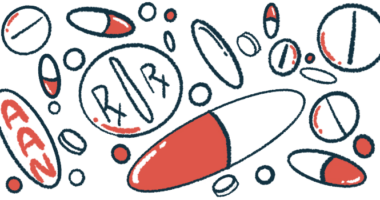
Newly Diagnosed: Taking the First Step on Your Journey
Becoming educated is a good place to start on your journey with Alzheimer’s disease. Whether you are a patient or a caregiver, knowing as much as possible about the disease will help you be a more active participant in your or your loved one’s healthcare. Learn more below about Alzheimer’s, its causes, its symptoms, and how it’s diagnosed.
Overview
Alzheimer’s disease, named after Alois Alzheimer, the German psychiatrist who first described it, is the most common cause of dementia and is an irreversible, progressive neurological disorder. Dementia can vary widely in severity, characterized by a loss of cognitive function and changes in behavior, and it is common for more than one form of dementia to manifest in a single patient.
Causes
Alzheimer’s disease results in the damage and death of brain cells, which can lead to significant brain shrinkage as the disease progresses. The root cause of cell death is unknown, and there are many factors that may cause Alzheimer’s disease; however, there are theories based on the common features shared by Alzheimer’s patients. Two of the main features of the disease are the formation of amyloid plaques and tau tangles in the brain.
Symptoms
In the first stages, patients may have difficulty remembering recently learned information and completing simple life tasks, such as turning off the oven or attending an appointment. They also may have orientation problems, causing them to become confused or lost. Alzheimer’s is a progressive disease, and patients with advanced disease are unable to communicate and require assistance with all aspects of daily life.
Diagnosis
No single diagnostic test can determine whether a person has Alzheimer’s disease. The diagnostic process involves assessing the patient’s medical history, clinical signs and symptoms, and laboratory tests, as well as using brain imaging, including computerized tomography, magnetic resonance imaging, and positron emission tomography, to rule out other conditions.
Living With Alzheimer’s Disease
The sooner a person is diagnosed with Alzheimer’s the better, for both the patient and his or her family, allowing for appropriate treatment and for necessary care planning. Many resources are available to help patients cope with the disease and to assist them in staying active, in caring for themselves, and with making their own decisions for as long as possible.






